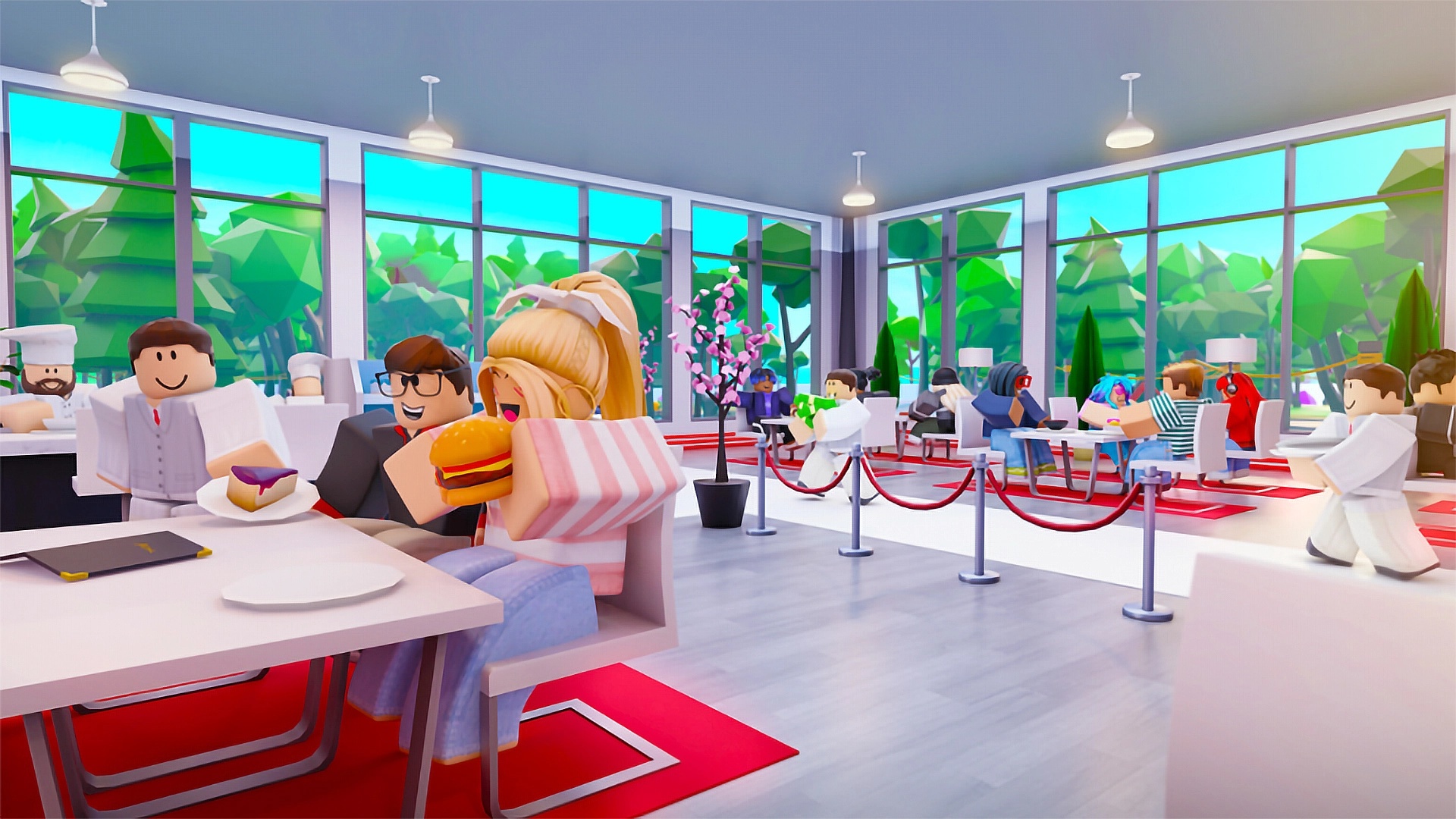Windows 10 End of Life - what does it mean for PC gamers?
Will you finally have to upgrade?

Sign up for breaking news, reviews, opinion, top tech deals, and more.
You are now subscribed
Your newsletter sign-up was successful
The clock is ticking for Windows 10. For the past decade, it's been the operating system of choice for millions of PC gamers, offering a (relatively) stable and reliable platform for countless virtual adventures. But as of October 14, 2025, Microsoft is officially ending support for Windows 10.
This means if you're still clinging on to the old OS, it's time to seriously consider making the jump to Windows 11. Ignoring the upgrade could leave you vulnerable to security risks and, more importantly for gamers, potentially out in the cold when it comes to your favorite titles.
Before continuing, it’s worth noting that you don’t have to upgrade to Windows 11 right away - you can continue using a Windows 10 device, it’ll just be unsupported.
However, using Windows 10 after October 14, 2025, poses significant risks for PC gamers. Without updates, security vulnerabilities will increase, threatening personal data. Game compatibility and performance will decline as developers cease optimization, leading to lower frame rates, crashes, and eventually, the inability to run new games, effectively rendering the system obsolete.

Steam and major games: will they still work?
For many PC gamers, the news of Windows 10 reaching its end of life casts a long shadow over the cherished and often extensive digital game libraries they've cultivated over the years.
A paramount concern revolves around compatibility: will the vast collection of titles on platforms like Steam still function as expected? What about popular, ongoing live-service games such as Roblox, which demand consistent updates and online connectivity?
Initially, there's good news: many existing platforms and individual games are likely to continue running, at least for a transitional period, on an unsupported Windows 10 operating system. However, this is unsustainable in the long term.
Sign up for breaking news, reviews, opinion, top tech deals, and more.
The cessation of official support from Microsoft for Windows 10 initiates a gradual but inevitable decline in its viability as a gaming platform.
Without the security patches, bug fixes, and underlying system optimizations that come with active support, the operating system becomes increasingly vulnerable and less efficient.
More critically for gamers, this lack of official backing means that software developers, including those responsible for game engines, development tools, and, crucially, the games themselves, will eventually cease to guarantee compatibility with Windows 10.

What issues will you face?
While gaming giants like Valve (the company behind Steam) haven't issued an explicit statement regarding an end to Windows 10 support, the industry trend is clear. Major platforms will inevitably align their development roadmaps with actively supported operating systems.
This means that future updates to the Steam client, or other launchers like Epic Games Store, might introduce features or technical requirements that are not fully compatible with an outdated Windows 10 device. Gamers could find themselves unable to access new platform features, or even facing issues with the client itself.
Game developers, from independent studios to large AAA publishers, operate on finite resources. Their development and optimization efforts will naturally prioritize Windows 11, which offers the latest security features, and performance enhancements.
If you continue to game on Windows 10, you may face the following issues:
- Performance issues: Games, especially newer titles or those receiving significant updates, might not be optimized for Windows 10. This could lead to noticeable performance drops, lower frame rates, stuttering, or increased loading times compared to running the same game on Windows 11.
- Unpatched bugs: Any new bugs or glitches that emerge specifically on Windows 10 due to driver issues are highly unlikely to receive official patches. Gamers might find themselves encountering persistent problems that diminish their gaming experience.
- Feature discrepancies: Future game updates could introduce features or graphical enhancements that leverage Windows 11-specific technologies (like DirectStorage or certain DirectX 12 Ultimate functionalities). These features might be absent or non-functional on Windows 10.
- Inability to launch new releases: The most critical impact will be felt with future game releases. Developers may simply choose not to ensure compatibility with Windows 10 for brand new titles, leading to situations where a highly-anticipated game simply won't launch or crashes immediately upon attempting to play.
- Live service game challenges: For games like Roblox, Fortnite, or Call of Duty, which rely on continuous updates, patches, and online infrastructure, the situation is particularly precarious. These games often receive frequent content additions and technical updates. If these updates are designed solely for Windows 11, Windows 10 users could find their games becoming unstable, unable to connect to servers, or simply becoming unplayable over time as the gap in compatibility widens.
In essence, while the transition may not be immediate or sudden, the end of life for Windows 10 marks the beginning of a slow but undeniable process where PC gamers remaining on the unsupported OS will likely be left behind.
Their gaming experience will degrade, characterized by declining performance, unaddressed issues, and an eventual inability to participate in the latest and greatest offerings the gaming world has to offer. The incentive to upgrade to a supported operating system, primarily Windows 11, will become increasingly compelling as these challenges mount.
Recommended gaming laptops and PCs for Windows 11
Upgrading to Windows 11 is not just about staying current; it's about future-proofing your gaming experience. Don't get caught out when your favorite games stop playing nice with your old OS. Make the switch sooner rather than later for the best safety and security.
Below, you'll find some of our recommendations for gaming laptops depending on your budget. Make sure you check out our best gaming laptops and best budget gaming laptop guides as well for more expert buying advice.
Budget friendly
Mid-range
High-end
You might also like...

Jasmine is a gaming hardware and tech journalist with an appreciation for all things others dare to call boring or complicated.
Previously of GamesRadar and The Mirror, Jasmine has reviewed and covered hundreds of devices from laptops to sound bars, monitors to cameras and almost everything in-between.
In her spare time, Jasmine enjoys playing games that make her rage and building PCs, which also makes her rage – as well as spending time with her three cats. Crazy cat lady in the making!
You must confirm your public display name before commenting
Please logout and then login again, you will then be prompted to enter your display name.